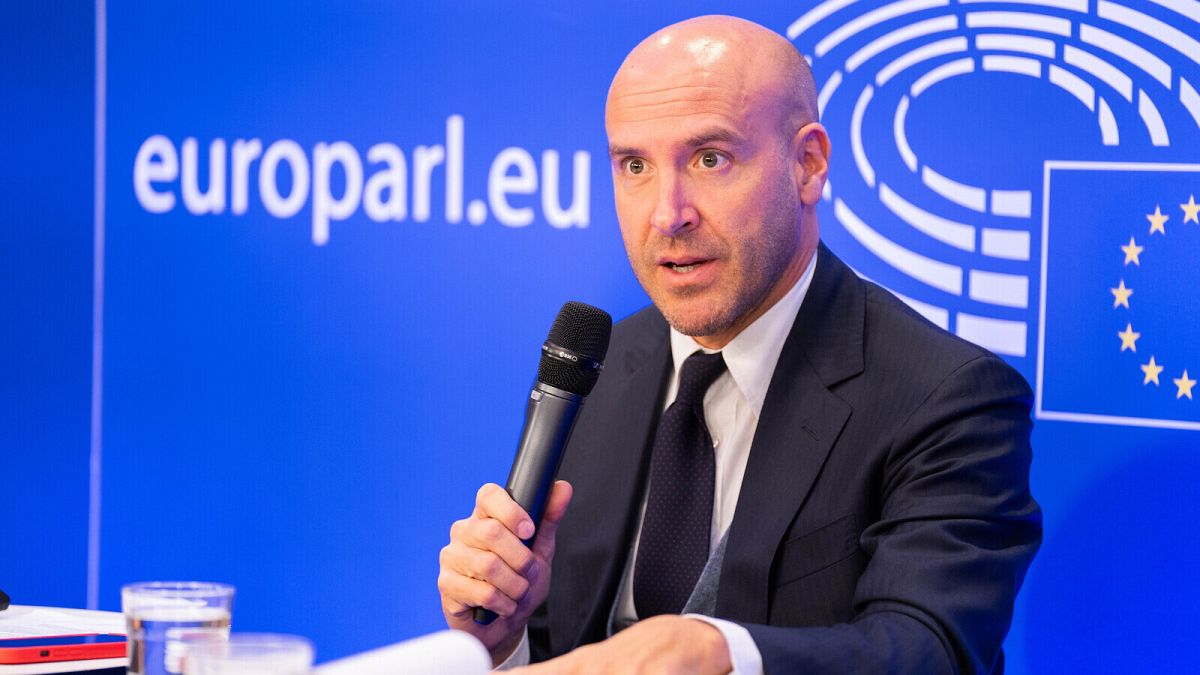The secretary general of the Party of European Socialists (PES), Giacomo Filibeck, has expressed his concern over the potential collaboration between the centre-right European People’s Party (EPP) and far-right forces in shaping the EU’s priorities. Following the EPP’s success in the European elections, Ursula von der Leyen is in line for a second term as the Commission President, but Filibeck warns that the centre-left will not back her if she aligns with radical right-wing groups. The EPP needs to secure the support of an absolute majority of newly-elected MEPs, and Filibeck emphasizes that cooperation with the green parties would be more welcome.
The European Conservatives and Reformists (ECR) and Identity and Democracy (ID) made gains in the recent elections, but pro-European parties still maintain majority control. Filibeck insists that the Socialists and Democrats (S&D) group will not be part of any negotiations where far-right forces influence policy decisions. He stresses the importance of agreeing on clear priorities and shared values before considering support for von der Leyen’s candidacy. The potential collaboration between EPP and right-wing forces raises concerns about the future direction of the EU.
Traditionally, the European Parliament has operated through a grand coalition of mainstream parties, including the EPP and the socialists, with the Greens contributing to the coalition. However, tensions have emerged between the EPP and its traditional partners over key environmental issues. Von der Leyen’s openness to collaborating with some ECR lawmakers has raised questions about her commitment to upholding European values. Filibeck highlights the EPP’s ambiguity during the campaign and urges clarity on coalition partners and policy priorities.
As EU leaders vie for leadership positions, European socialists are eyeing the presidency of the European Council, with German Chancellor Olaf Scholz and Spanish Prime Minister Pedro Sánchez in contention. The Council presidency has traditionally been awarded to former EU heads of state with experience in complex negotiations. Filibeck mentions former Portuguese Prime Minister Antonio Costa as a potential candidate for the presidency, but remains open to other present and former prime ministers within the socialist ranks. The possibility of a socialist presidency raises hopes for a progressive agenda in the EU.
The prospect of potential collaboration between the EPP and far-right parties in Europe has sparked concern among centrist and left-leaning forces. With the rise of radical right-wing groups across the continent, maintaining a united front among pro-European parties becomes increasingly crucial. Filibeck emphasizes the need for a clear stance on values and priorities to ensure a shared vision for the future of the EU. The EPP’s willingness to work with certain right-wing forces on specific issues raises questions about the integrity of the EU’s political landscape.
In conclusion, Giacomo Filibeck’s warnings about the dangers of allowing far-right forces to shape EU priorities highlight the political complexities facing the continent. The potential collaboration between the EPP and right-wing groups poses a threat to the unity and values of the EU. Socialists are positioning themselves for key leadership roles in Brussels, with the presidency of the European Council as a potential opportunity to advance progressive policies. As the political landscape evolves, establishing clear priorities and maintaining shared values will be essential for the future of the European Union.











